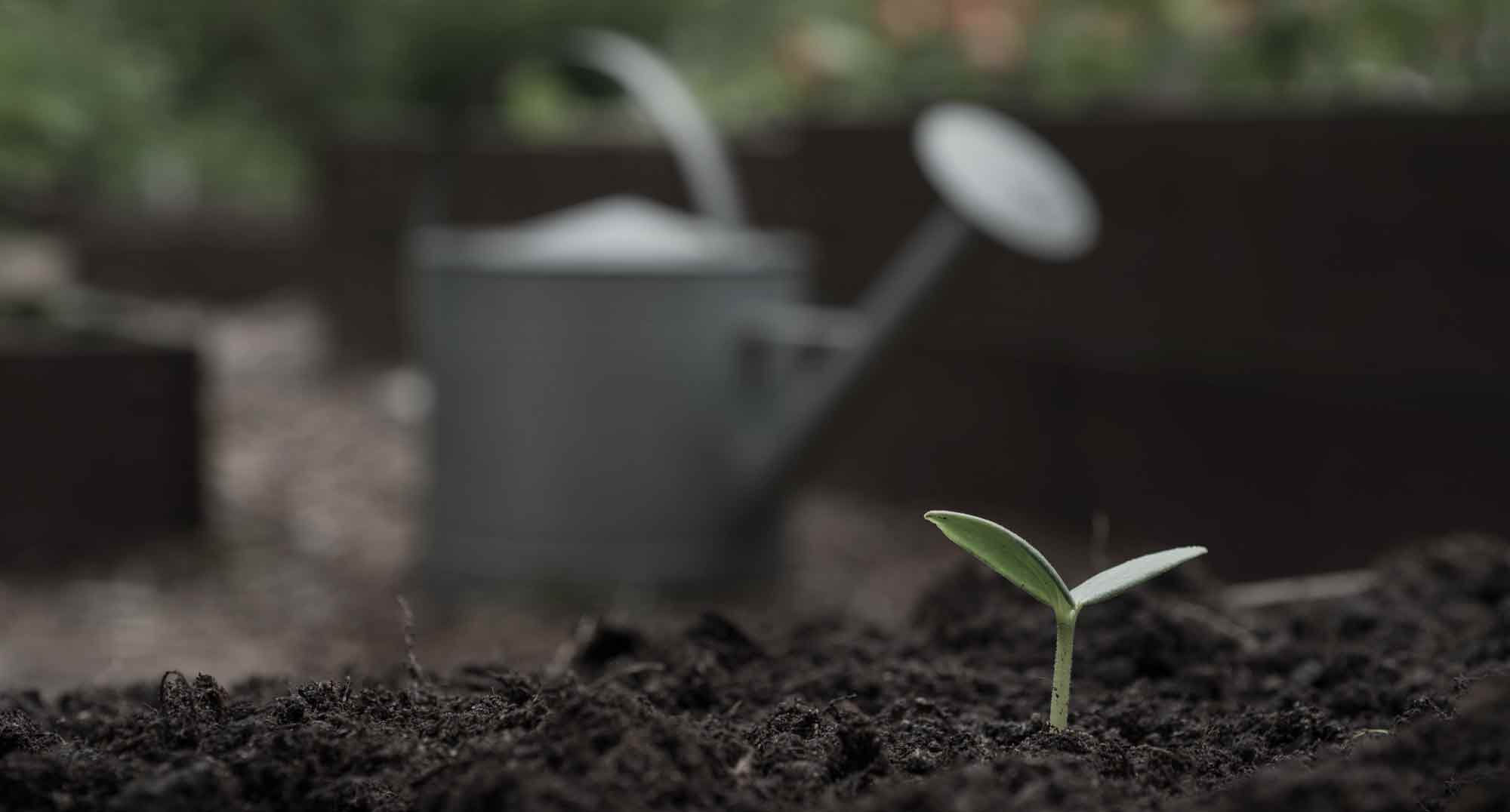Remembering in Community
We live by catchphrases such as , the past is the past; it happened so long ago; forget and move on. They are go-to sayings intended to shift us from a state of wallowing, ruminating, and circling the same mental track. We favor and praise them because they aid us in leaving behind regrettable, undesired experiences. So when I read the Apostle Paul’s prescription to remember in Ephesians 2:11-12 as I participated in the Hinged Bible Study on the book of Ephesians, I found myself struggling to register its importance. Why are we to remember the former life when later, Paul instructs us to put off the old self?[1] Furthermore, is remembering up to the individual or is remembering to be done in the context of community? Let us first consider the why. Why We Remember Chapter 2 begins by reviewing our history— you were, you once walked, we all once lived— before pivoting in verse 4 with an emphatic, “But God” statement and pointing our attention to the source, reason, and purpose of our redemption. The walk down memory lane is not to elicit guilt or shame but to glory in the difference the gospel makes. God’s “rich mercy” and “great love” “made us alive together with Christ” and “raised us up with him and seated us with him in the heavenly places in Christ Jesus.”[2] The purpose for remembering is also so that we would stand firm in the finished work of the blood of Christ; his blood brought us who were once far off near (verse 13) and inducted us from strangers and aliens to citizens (verse 19). Furthermore, our stories of how we came to be are to be remembered— and remembered viscerally. In the 2006 film Amazing Grace, the British abolitionist William Wilberforce, seizes an opportune moment to capture the imagination and conscious of elite Londoners. They are gathered aboard a cruise ship and pass Madagascar, a slave ship. As they near it, they are repulsed by a putrid foul smell that Wilberforce names as “the smell of death.” When they try to filter the stench with their handkerchief and hands, Wilberforce confronts them. He says, “Breath in it. Breath it deeply. ... Remember that smell. Remember the Madagascar. Remember that God made men equal.” Remembering is not limited to fond, feel good, celebratory moments but also to those that cause disbelief, grief, and even horror so that we have no appetite for the desires that lead us astray from God and to death...










